Sharon M. Leon
Universities and Slavery
Index
- Who am I and what do I do?
- Who are you and where are you from?
- When was your institution founded?
- Is there repair and recovery work going on at your institution?
- Is it data-driven?
Introductions
Sharon M. Leon
Digital public historian working on the stories of the enslaved people owned and sold by the Maryland Province Jesuits
1
Director of the On These Grounds project, an effort to develop an ontology to describe the lived experiences of those enslaved who worked at colleges & universities.
2
Chief Operating Officer for Digital Scholar and director of the Omeka family of web publishing platforms
3
- When was your institution founded?
- Is there repair and recovery work going on at your institution?
- Is it data-driven?
Who are you?
Where are you from?
Situating the Movement
Institutional enslavement: churches, businesses, and schools
1
Recovering the history of educational institutions that employed and benefited from enslaved labor
2
Part of the larger campus histories movement
3
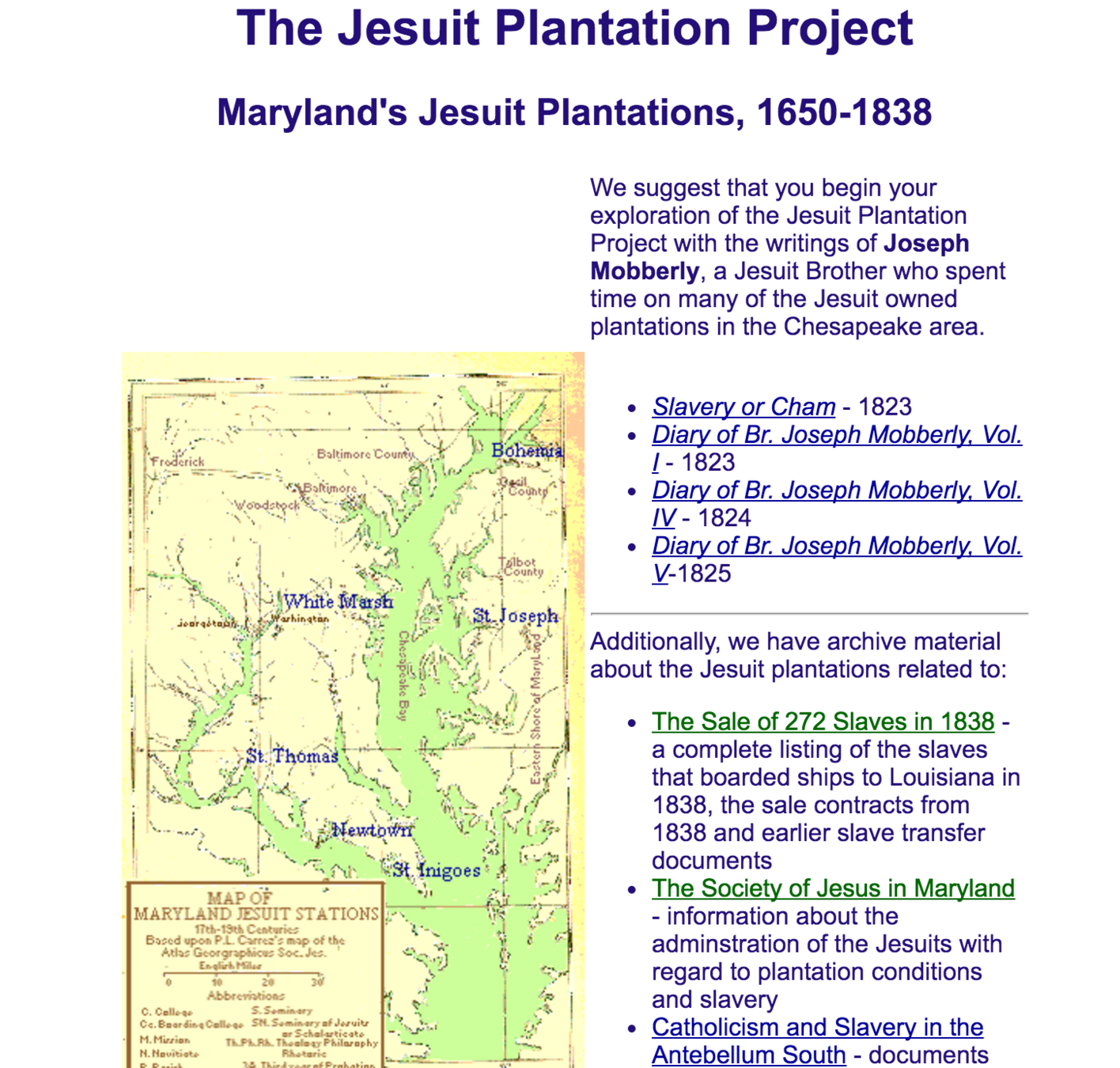
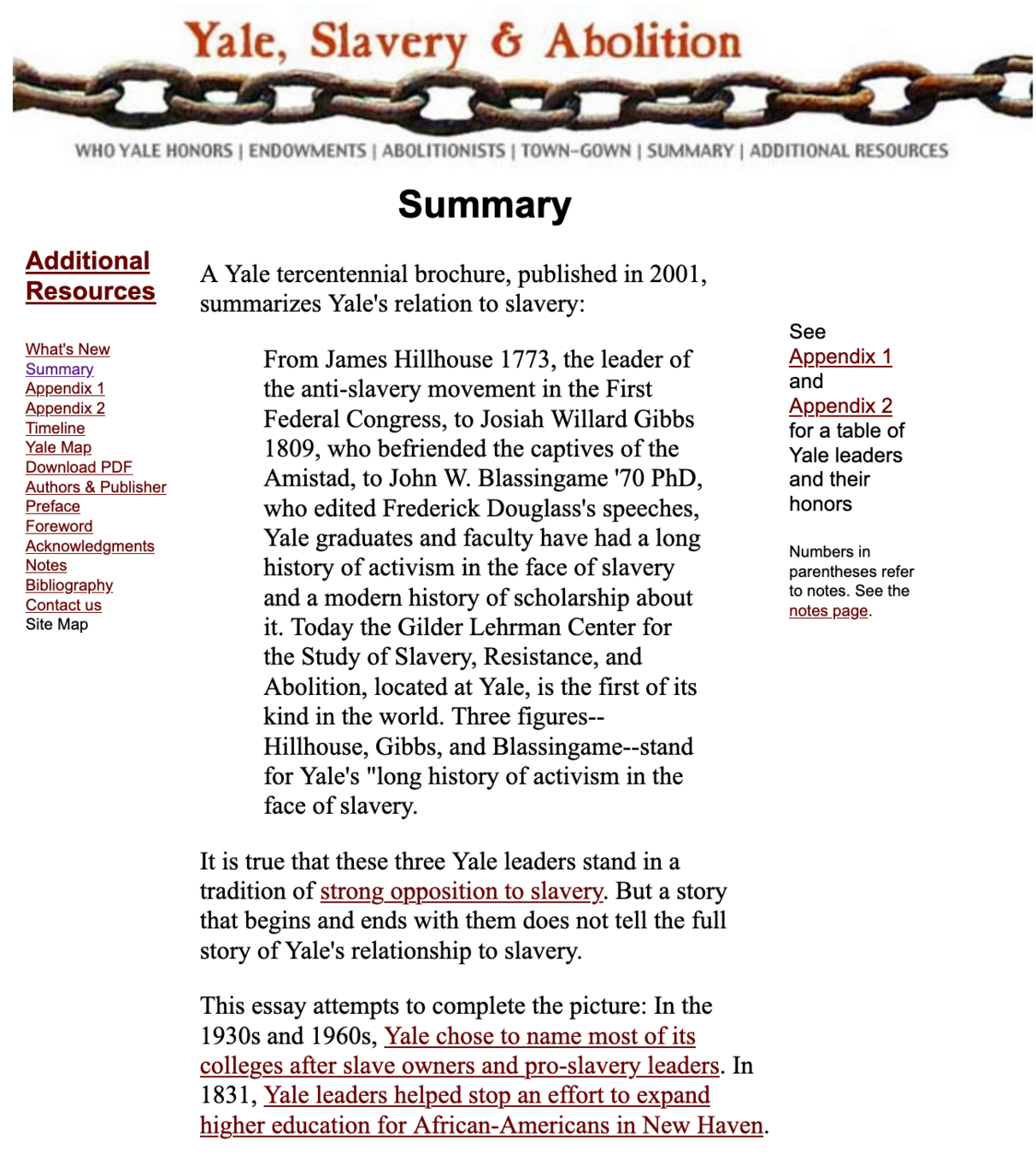
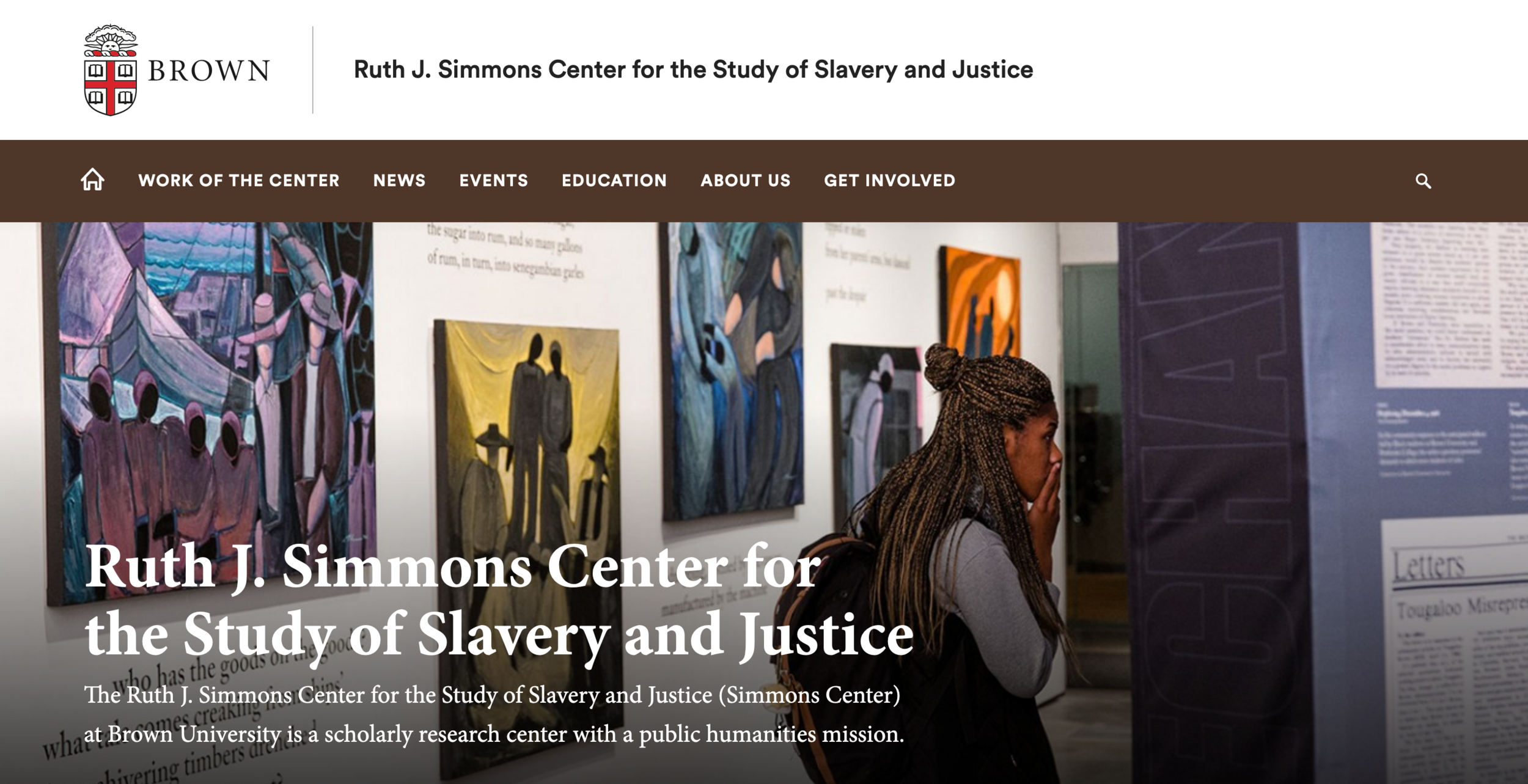
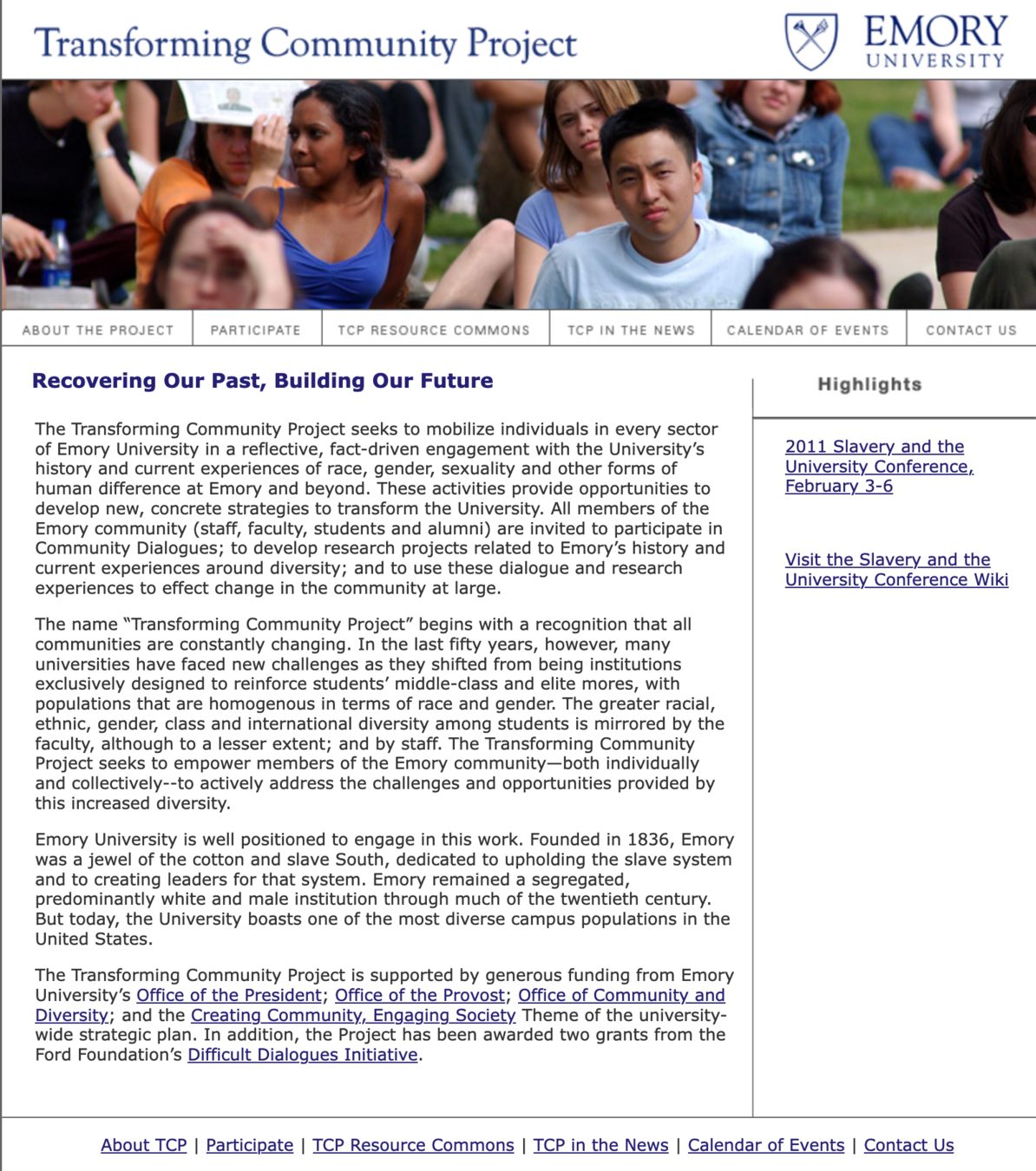
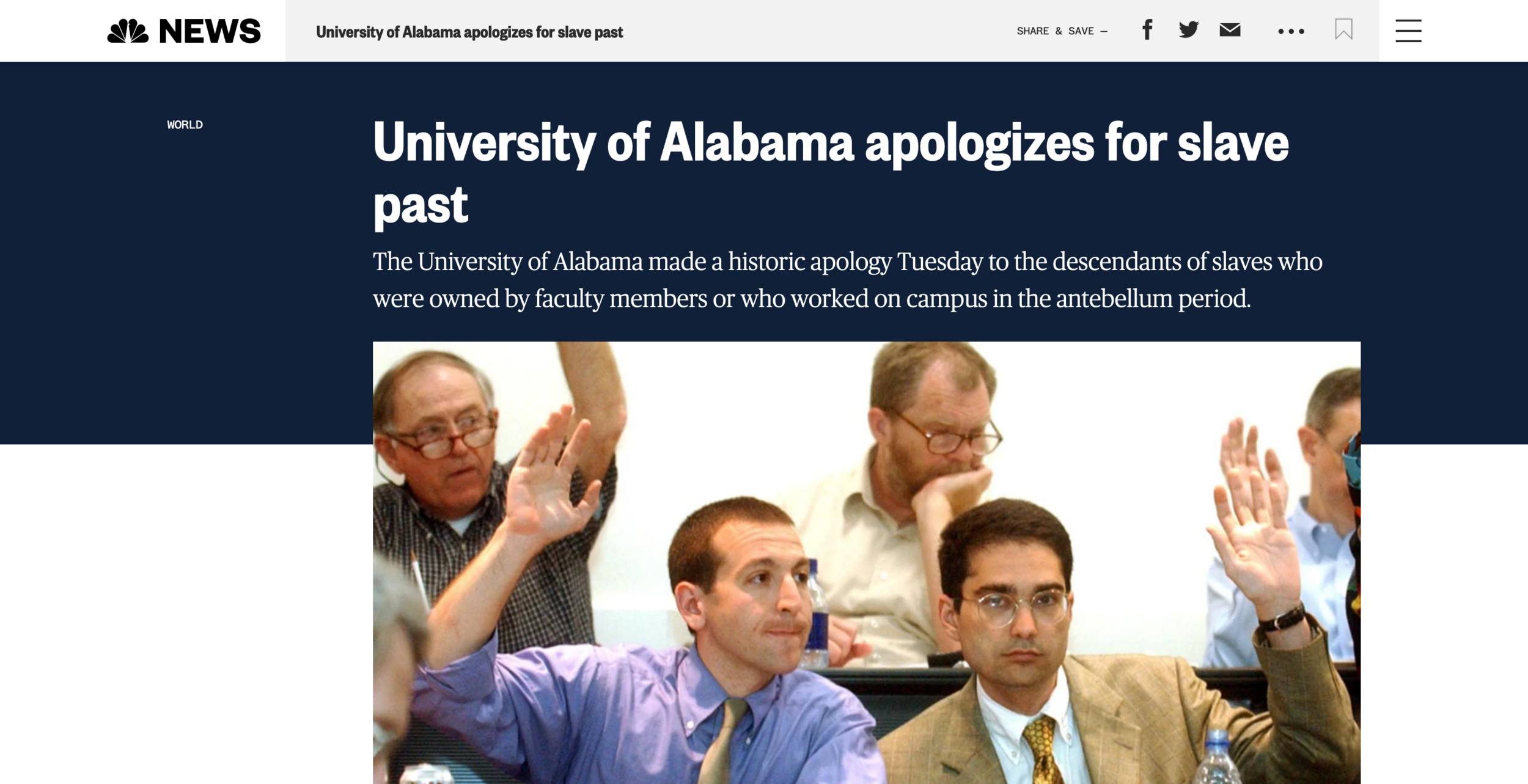
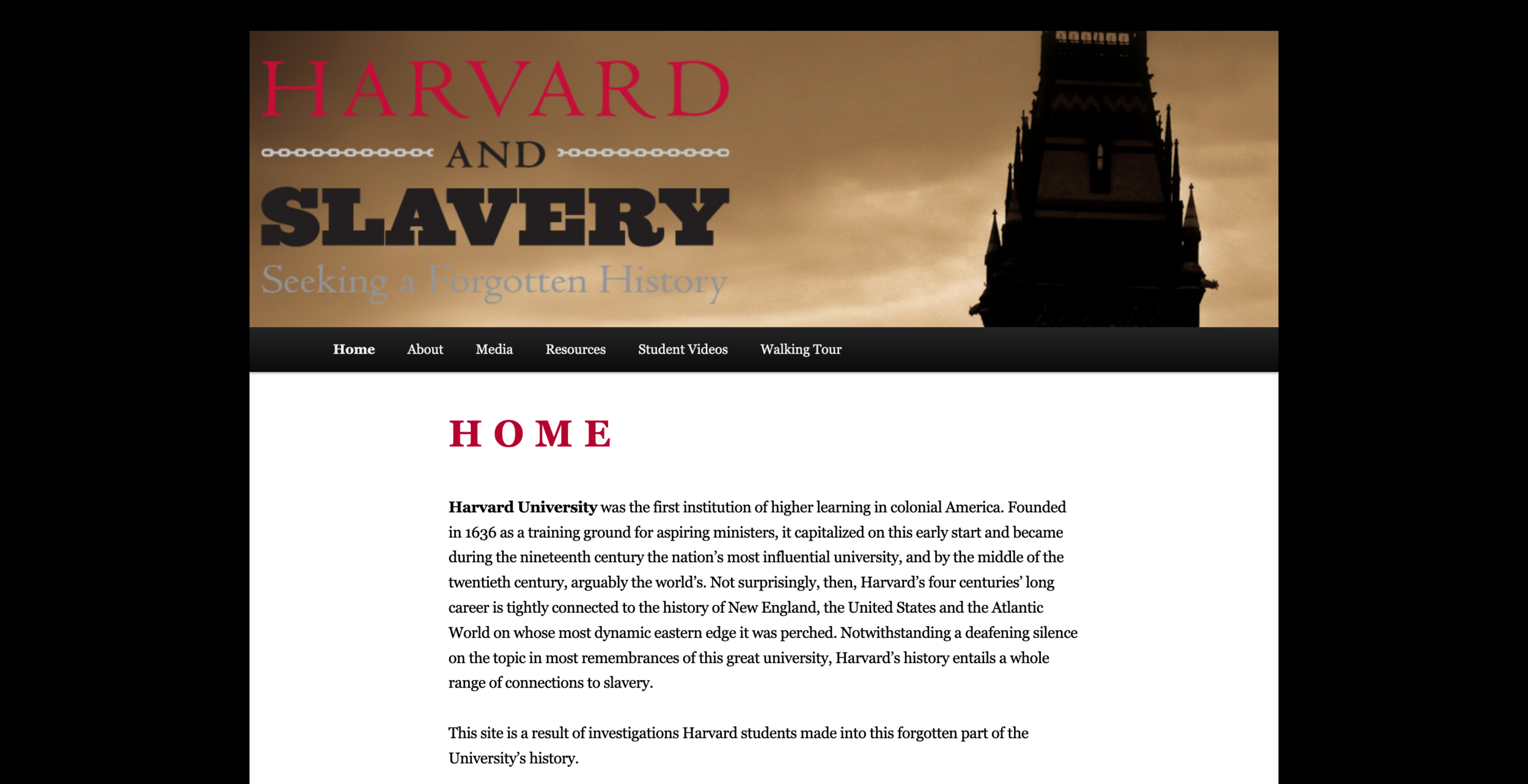
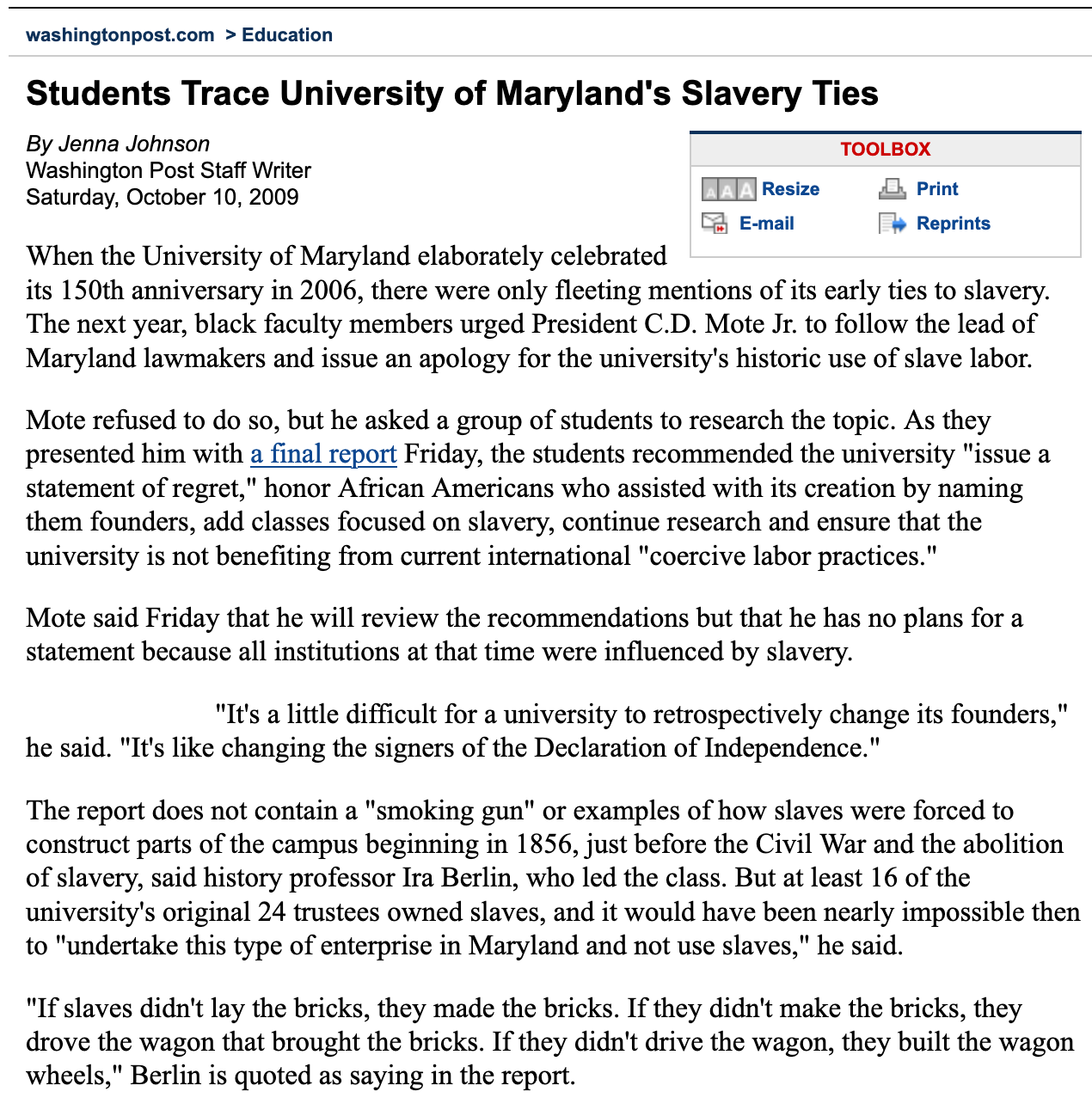
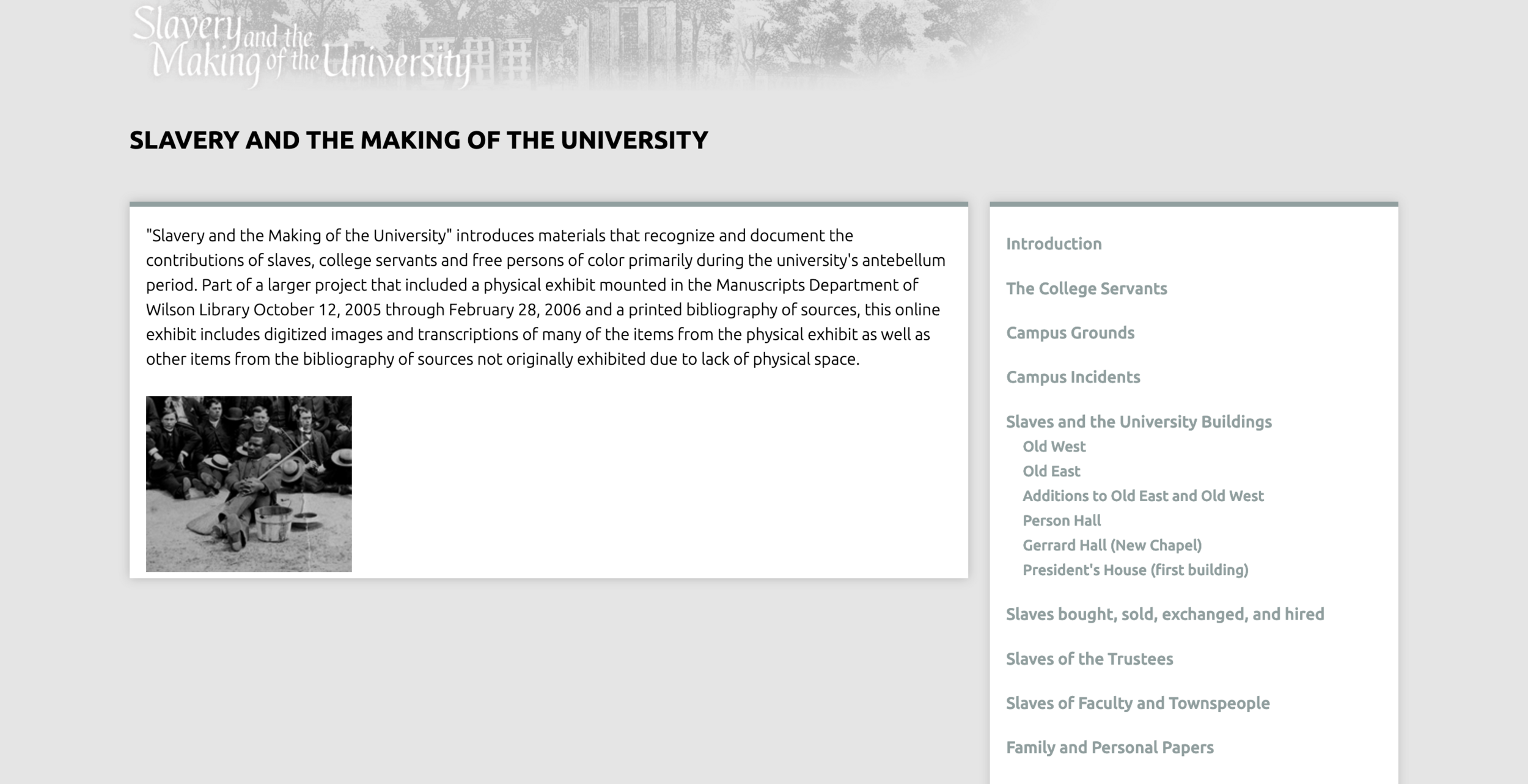
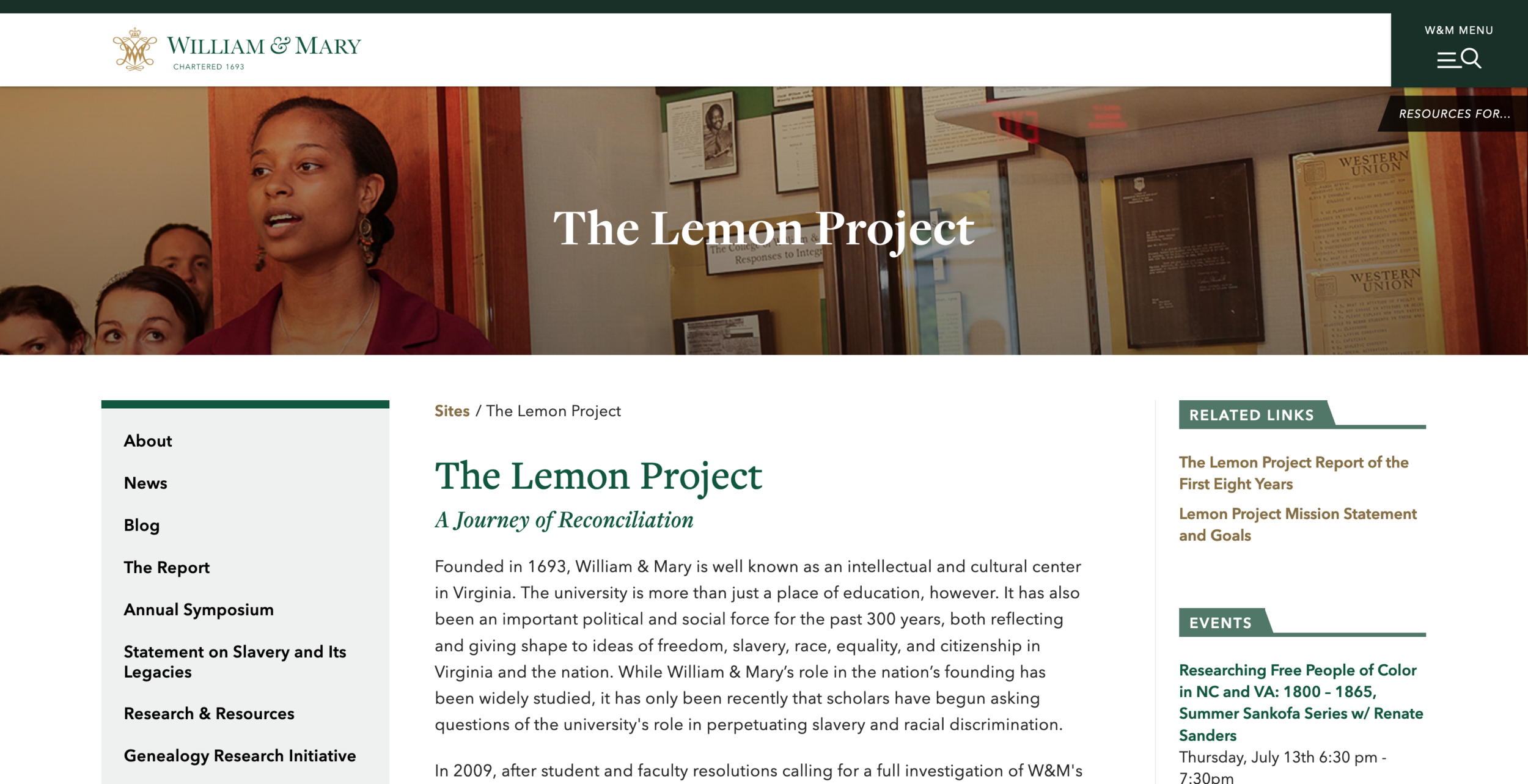
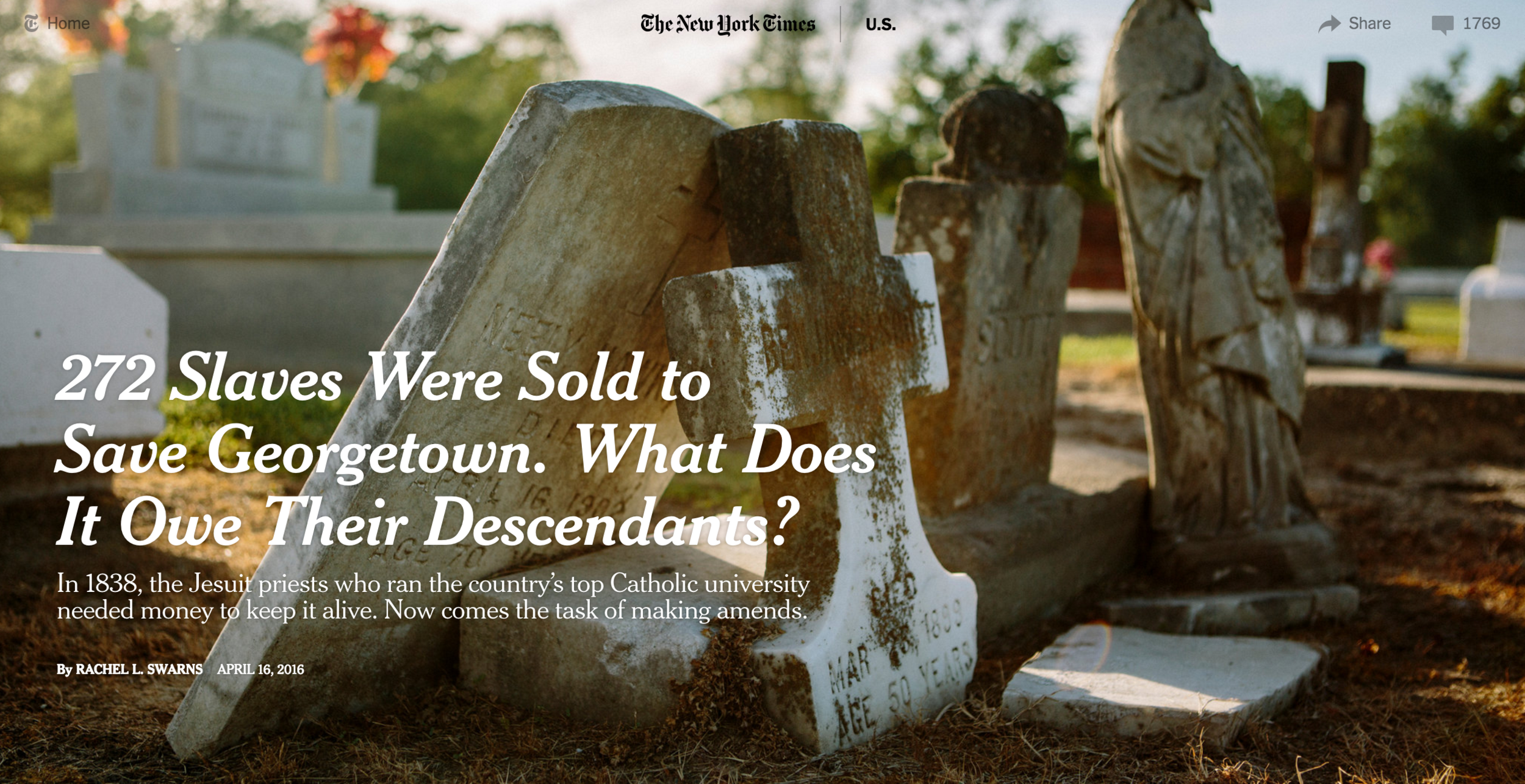
-
Brophy, Alfred L. University, Court, and Slave: Pro-Slavery Thought in Southern Colleges and Courts and the Coming of Civil War. Oxford University Press, 2016.
-
Curran, R. Emmett. “‘Splendid Poverty’: Jesuit Slaveholding in Maryland, 1805-1838.” In Catholics in the Old South: Essays on Church and Culture, edited by Jon L. Wakelyn and Randall M. Miller, 125–46. Mercer University Press, 1983.
-
Harris, Leslie M., James T. Campbell, and Alfred L. Brophy. Slavery and the University: Histories and Legacies. University of Georgia Press, 2019.
-
McInnis, Maurie D., Kirt von Daacke, Louis P. Nelson, and Benjamin Ford. Educated in Tyranny: Slavery at Thomas Jefferson’s University. University of Virginia Press, 2019.
-
Oast, Jennifer. Institutional Slavery: Slaveholding Churches, Schools, Colleges, and Businesses in Virginia, 1680-1860. 1 edition. New York, NY: Cambridge University Press, 2016.
-
Rothman, Adam, and Elsa Barraza Mendoza. Facing Georgetown’s History: A Reader on Slavery, Memory, and Reconciliation. Georgetown University Press, 2021.
-
White, Deborah G., and Marisa J. Fuentes, eds. Scarlet and Black: Slavery and Disposession in Rutgers History. New Brunswick: Rutgers University Press, 2016.
-
Wilder, Craig Steven. Ebony and Ivy: Race, Slavery, and the Troubled History of America’s Universities. Reprint edition. Bloomsbury Press, 2014.
Scholarly Literature
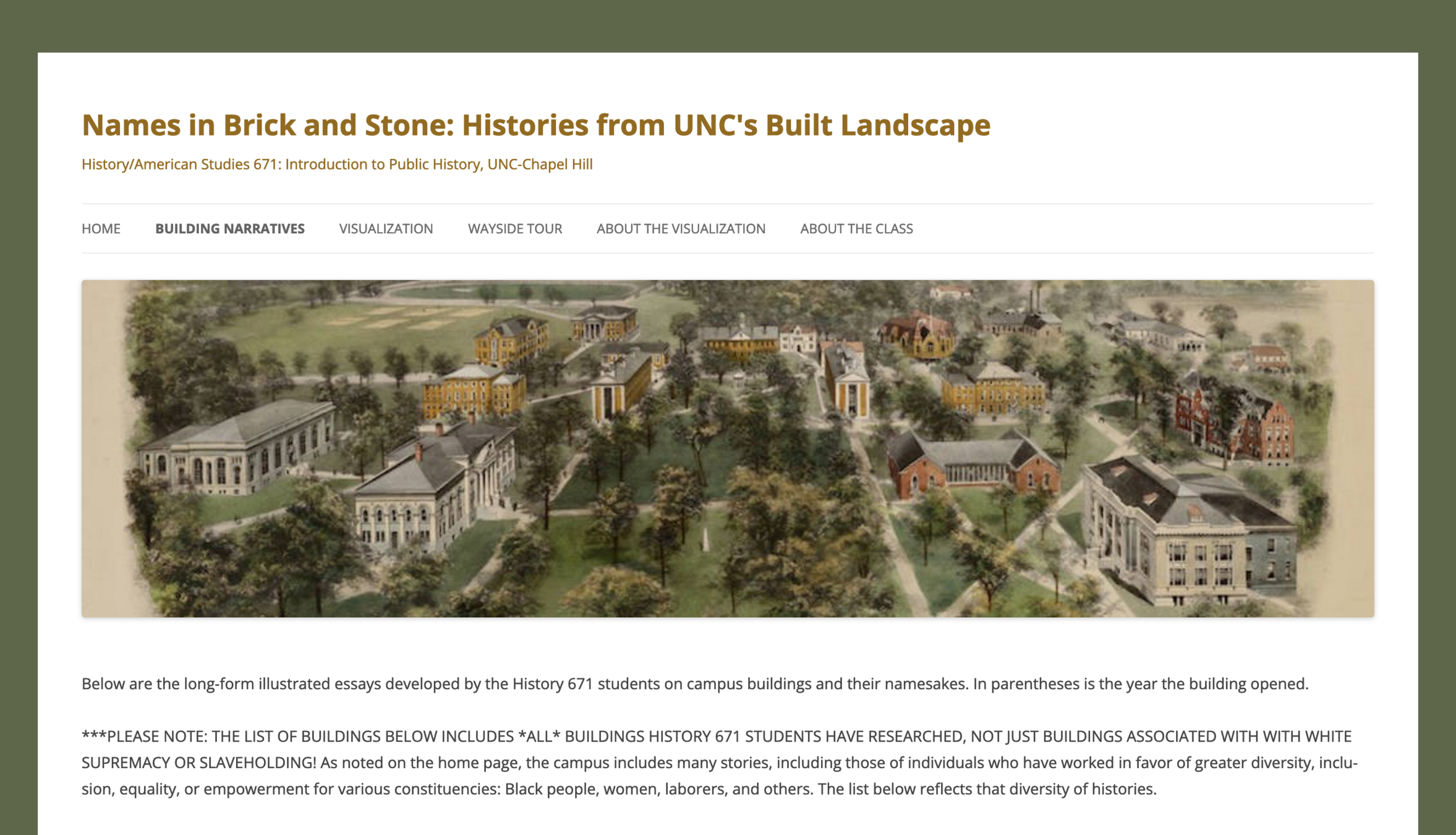
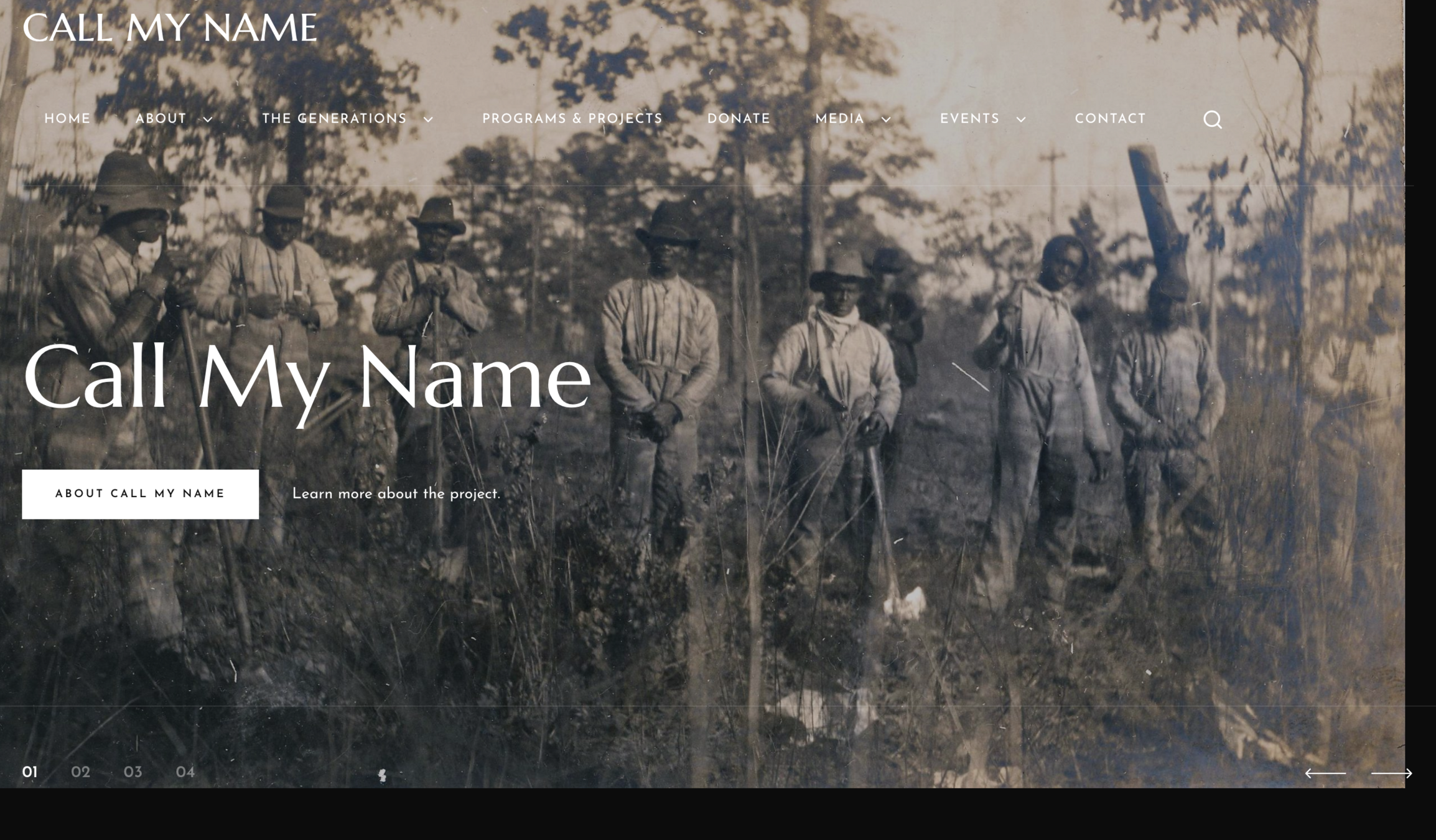
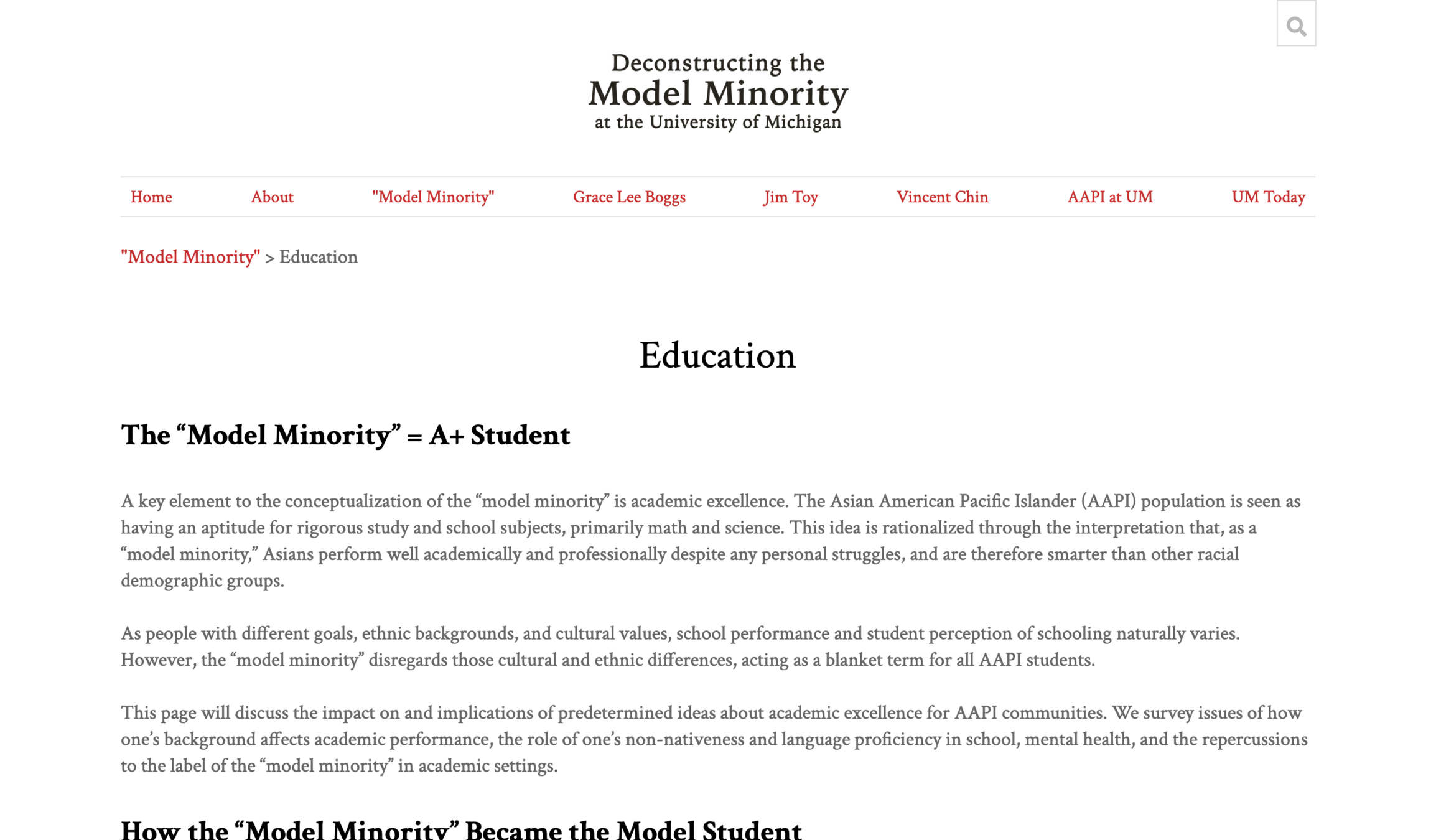
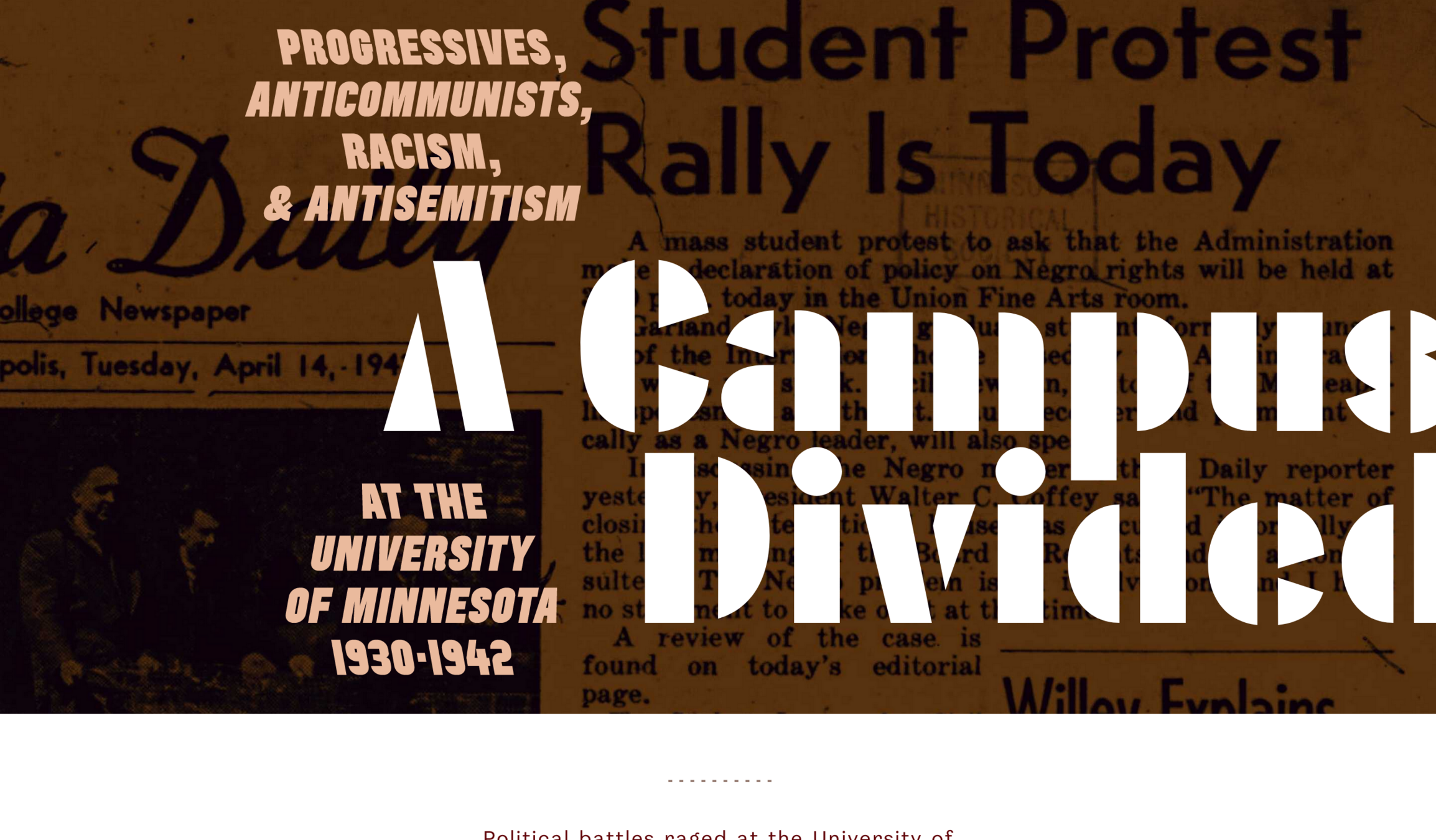
Markup Bodies
"Doing truly embodied and data-rich histories of slavery requires similarly remixing conceptual, discursive, and archival geographies, with deliberate, pained intimacy, and, likely, some violence. But black digital practice challenges slavery scholars and digital humanists to feel this pain and infuse their work with a methodology and praxis that centers the descendants of the enslaved, grapples with the uncomfortable, messy, and unquantifiable, and in doing so, refuses disposability."
-Jessica Marie Johnson
- What is Johnson's critique of some data-driven history of enslavement?
- How does she counsel us to undertake a path that is "attuned to black life"?
- How does Johnson's approach help you reassess digital projects about slavery?
- How does Johnson's work cause you to reassess your own work?
Discussion Questions
Reviews
Afternoon



Historians as Data Creators
What questions, comments, and reactions do you have to the piece?
Feel free to pick a fight with me :)

Document Review
Enslaved Workshop: Institutions and Slavery
By sharonmleon
Enslaved Workshop: Institutions and Slavery
- 365



